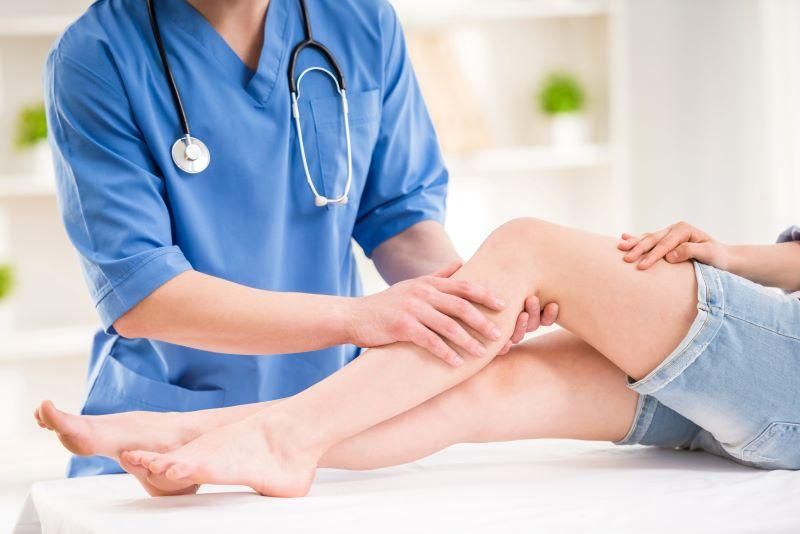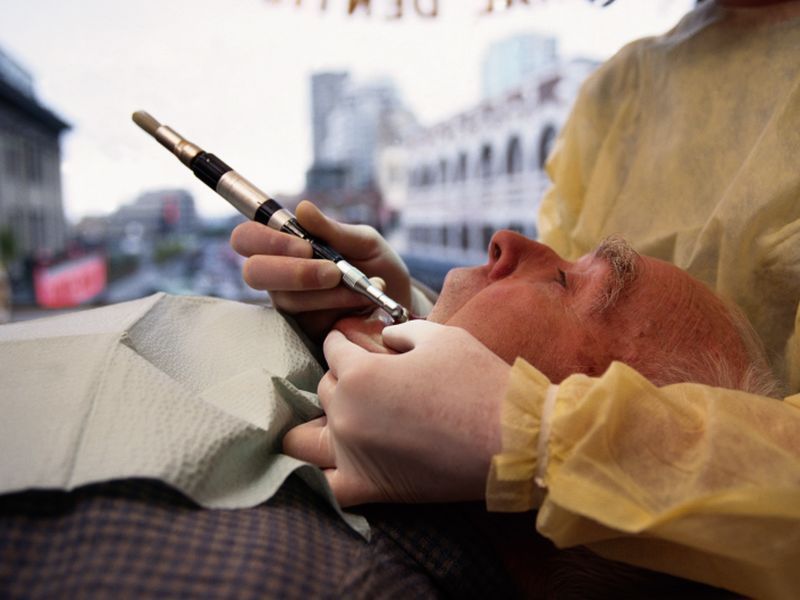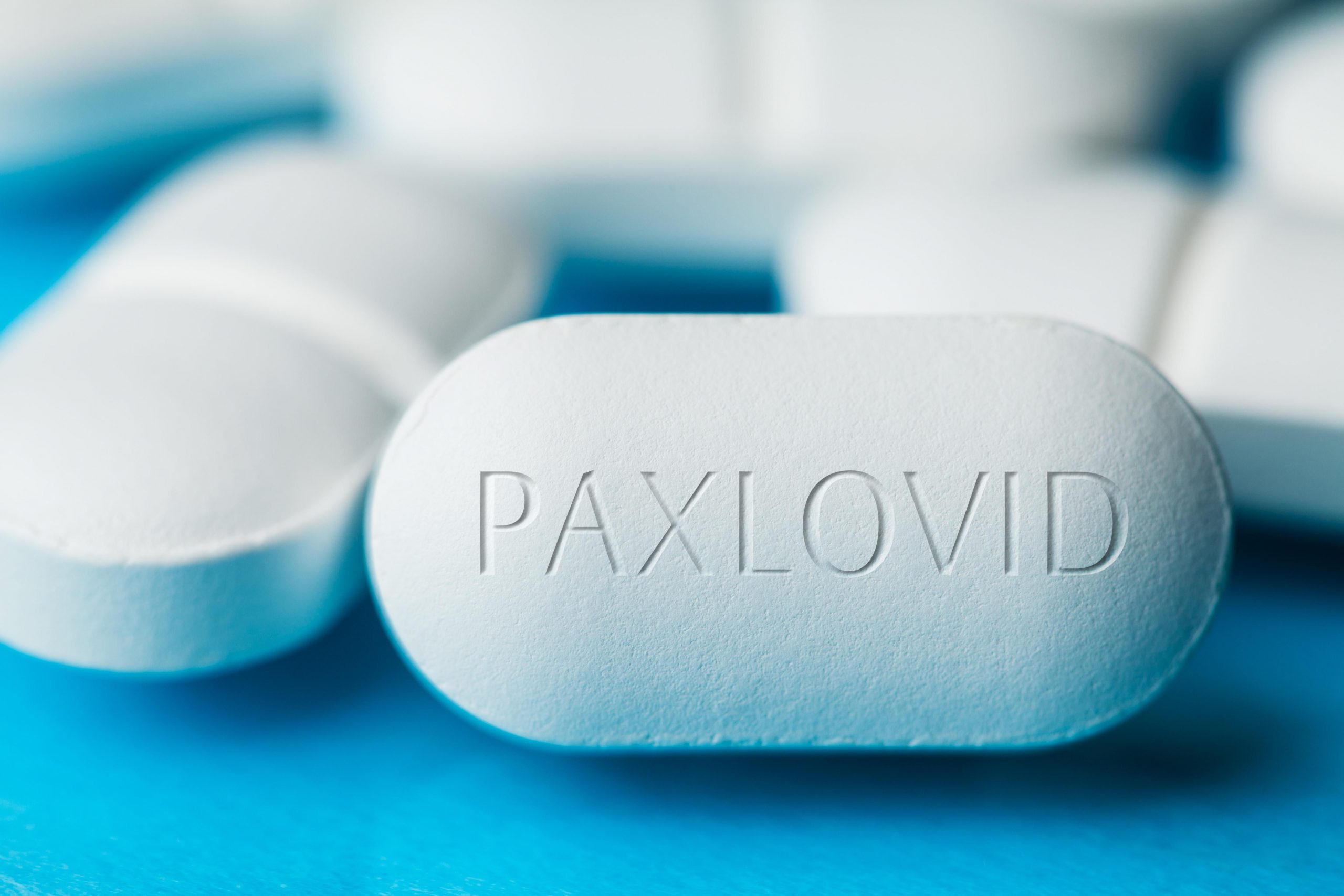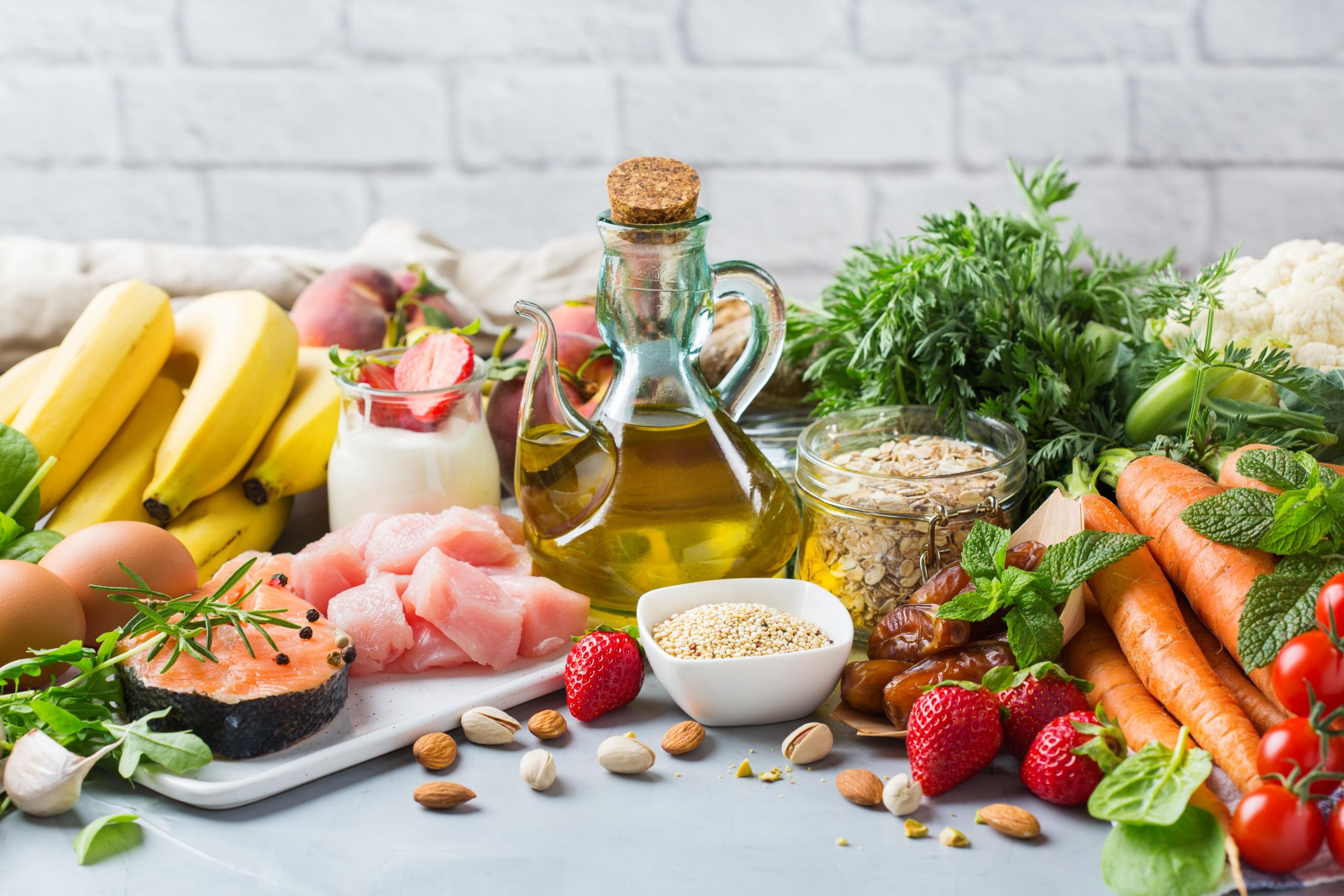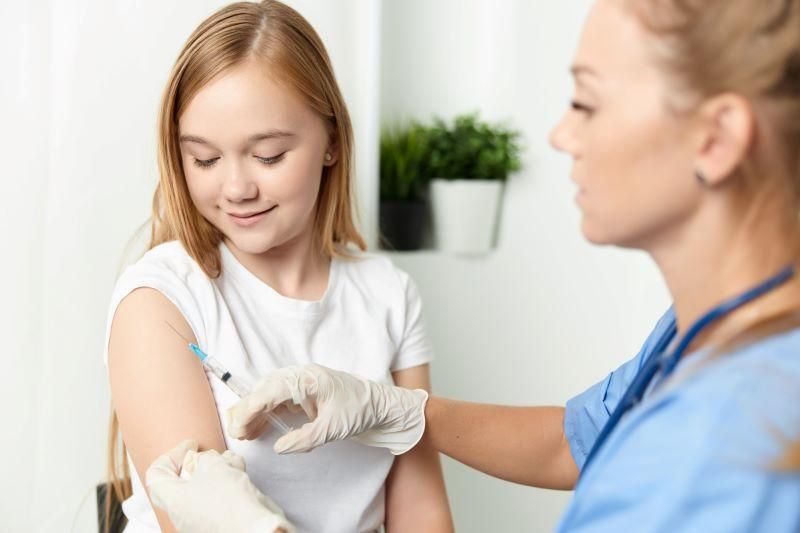
As men and women enter their golden years, those who regularly fail to get a good night’s sleep face a higher risk for developing not one but two serious chronic illnesses at the same time, new research shows. Researchers from France, Finland and United Kingdom tracked the self-reported sleep routines and health status of nearly… read on > read on >










